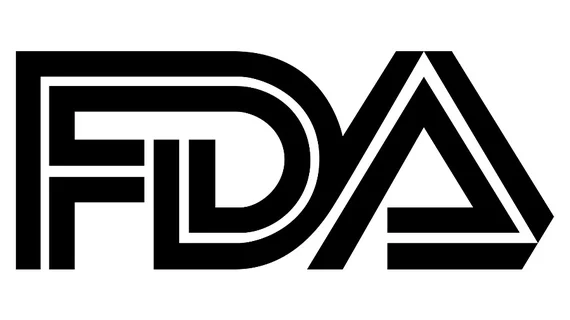FDA approves DBT quality tests for ACR digital mammography manual
The FDA recently approved an amendment to the 2016 Alternative Standard No. 24 to the “Quality control tests–other modalities” requirement allowing the American College of Radiology (ACR) to fold digital breast tomosynthesis (DBT) into its 2016 Digital Mammography Quality Control Manual.
Previously, the FDA required facilities with DBT to conduct quality control for approved imaging systems according to their respective manufacturer’s quality control manuals, according to a July 23 ACR release. The new amendment will allow those performing the quality tests to use the updated ACR manual rather than varying manufacturer documents.
“The new DBT QC procedures in the updated ACR manual will promote uniformity of quality control since it will allow facilities to follow one manual, instead of the dozens of different manuals that are mandated for the varying manufacturers and models of digital mammography equipment with DBT,” said Eric Berns, PhD, lead chair of the ACR Subcommittee on Mammography Quality Assurance. “The new manual focuses on tests that are clinically relevant for high-quality imaging and provides the structure for a thorough and complete quality control program.”
The new manual is set for release this fall. All ACR-accredited mammography facilities, as well as those applying for accreditation, can download a free PDF when it becomes available.
More information on the manual can be viewed here.

